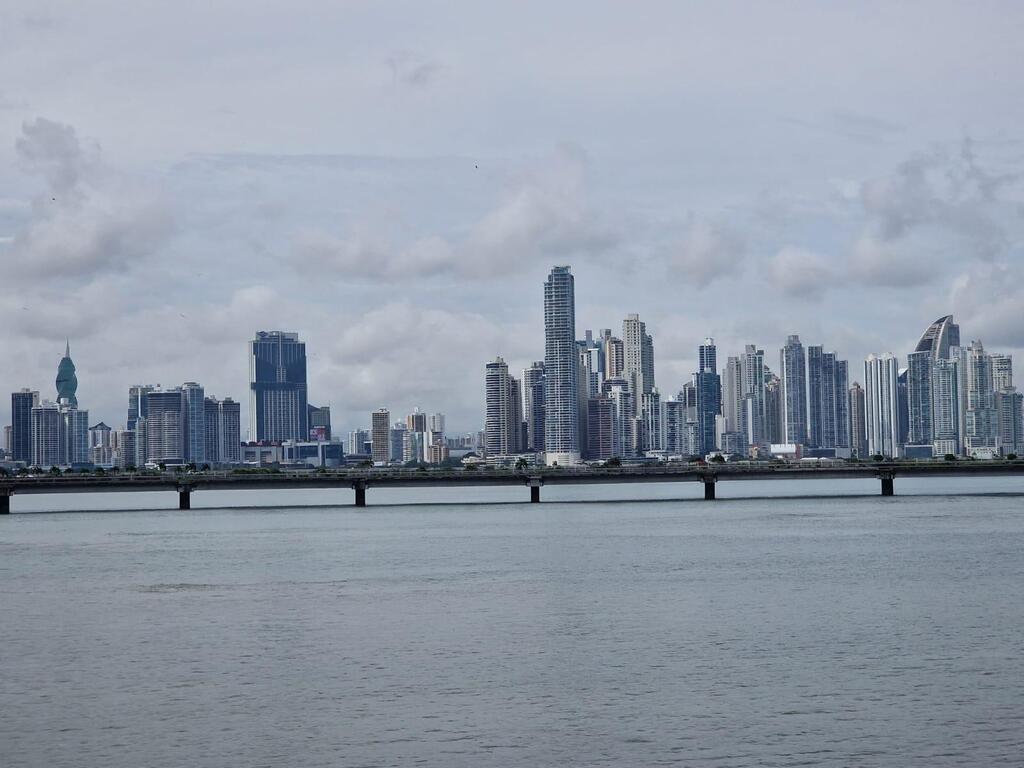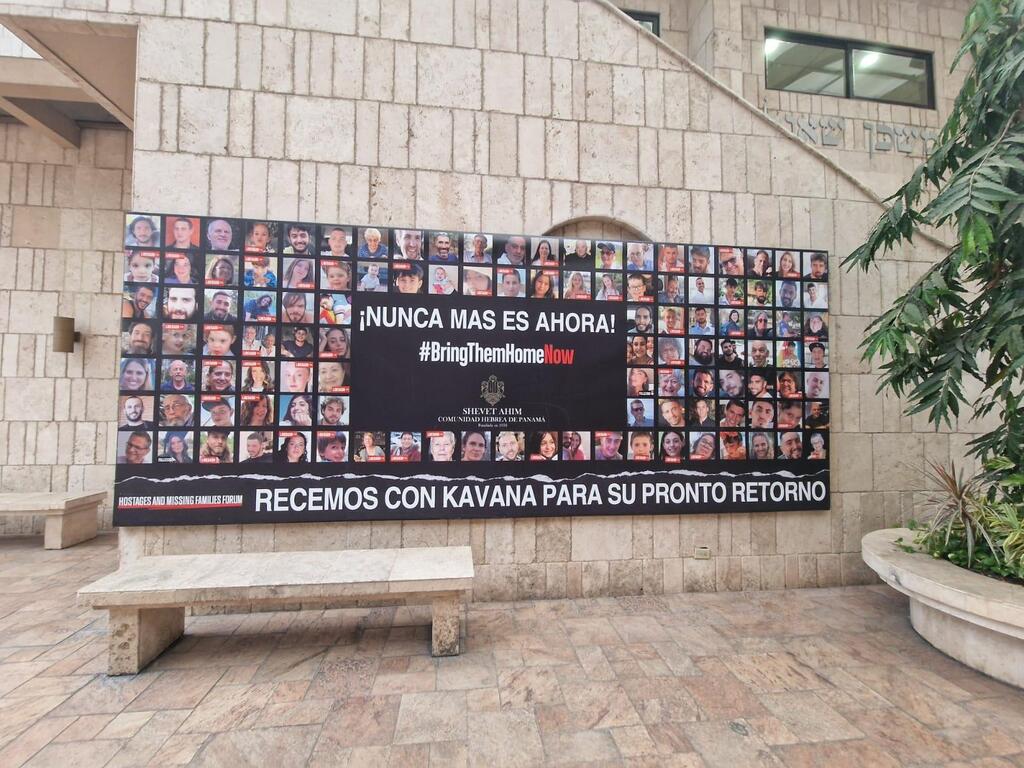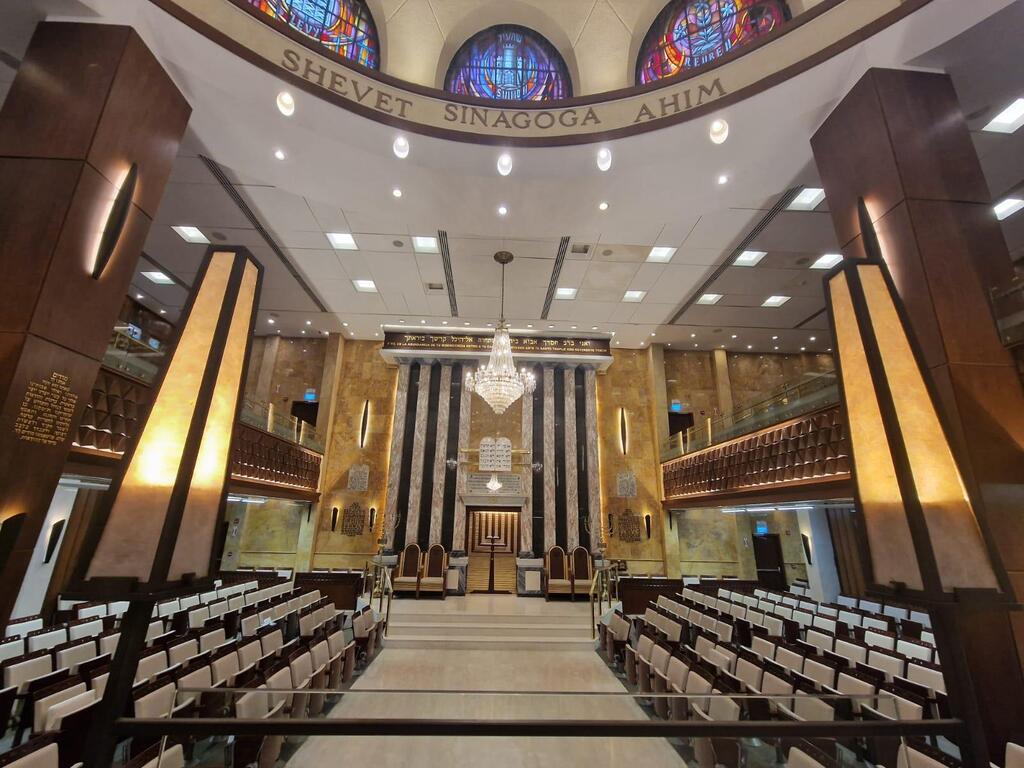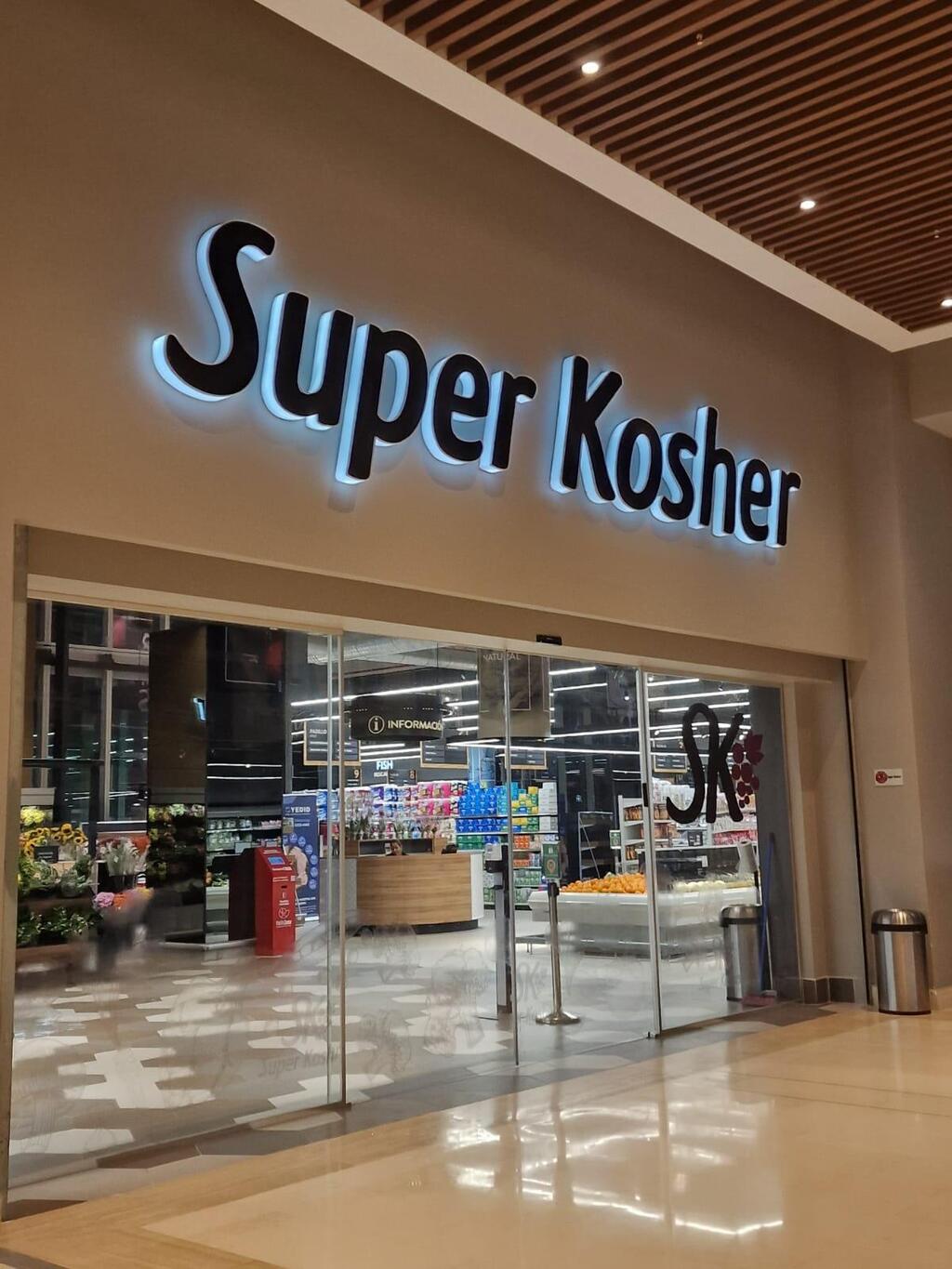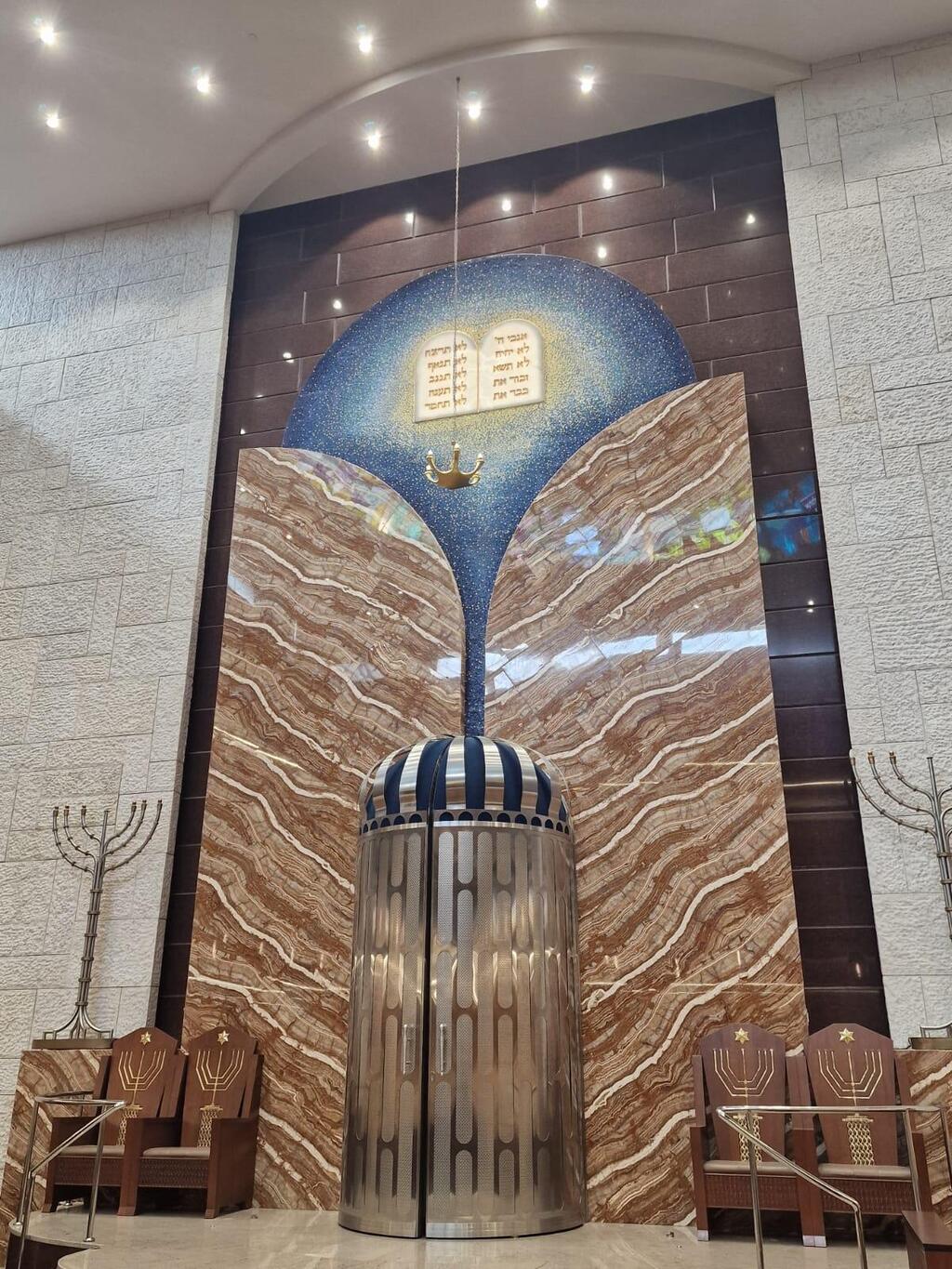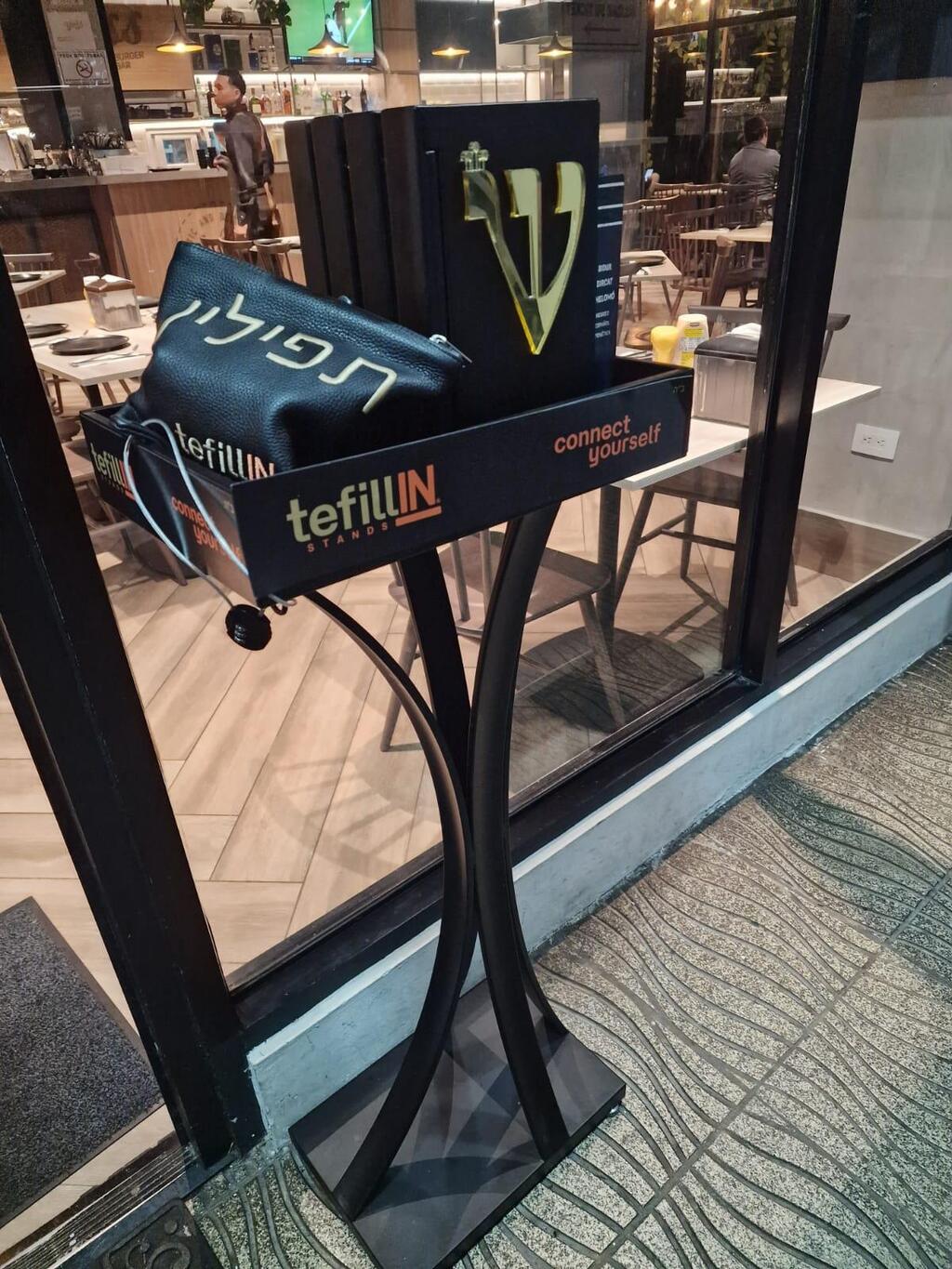Getting your Trinity Audio player ready...
Jewish presence in Panama dates back to the 17th century, with the arrival of Jews from Spain and Portugal, who fled as Conversos to secretly maintain their faith. In 1821, following the end of Spanish rule, Sephardic Jews from Jamaica and Ashkenazi Jews from Central Europe arrived. With no organized Jewish community, many assimilated.
In the mid-19th century, a new wave of Jewish immigrants settled in Panama, leading to the establishment of the first Jewish community, Congregation Kol Shearith, in 1876, which identified with Reform Judaism. Syrian Jews followed in 1933, forming the Sheveth Ahim Congregation. Despite these waves, by 1936, Panama's Jewish population numbered only 600. Today, it exceeds 17,000, with three main communities: Sephardic, Ashkenazi and Reform. The Sephardic Sheveth Ahim is the largest and most prominent.
During a combined business and family trip to Panama, I took the opportunity to interview local Jewish leaders and delve into their community’s history, practices and beliefs.
Greeted warmly by Eti Nissim and Sandra Levy, two influential board members of Sheveth Ahim, I embarked on a packed schedule of meetings, culminating in a conversation with Panama City’s mayor, Mayer Mizrachi Matalon, the country's first Jewish mayor.
Upon entering the Sheveth Ahim complex, I noticed security measures, a mezuzah at the elevator and Israeli flags adorning every corner, along with large signs demanding the return of Israeli hostages.
My day of meetings began with Rabbi David Peretz, the chief rabbi of Sheveth Ahim for the past nine years, overseeing religious matters, including kosher certification. According to Rabbi Peretz, there are over 100 kosher establishments across Panama, including restaurants, cafes, ice cream shops, kiosks and two large kosher supermarkets.
Rabbi Peretz, originally from Venezuela, filled a significant void after the passing of two previous community rabbis, one being Rabbi Zion Rahamim Levy, who led Panama's Jewish community for 57 years until his death in 2008. Rabbi Levy’s legacy remains strong, with his pictures prominently displayed, and his name frequently mentioned by community members. Community President Jacques Ashkenazi emphasized their ongoing efforts to preserve Rabbi Levy's legacy.
Ashkenazi, re-elected as community president two years ago, is nearing the end of his term. Described as humble, quiet and deeply caring, he remains involved in all aspects of community life.
Synagogues and women's organizations
Panama is home to ten synagogues: six belonging to the Sephardic Sheveth Ahim, one for the Ashkenazi Beith El, one for the Reform Kol Shearith Israel and two Chabad synagogues. Daily prayers and multiple services are held across these synagogues, indicating their active use. Sheveth Ahim's board consists of 14 members, including two women, Eti Nissim and Sandra Levy, who play influential roles in the community’s decision-making.
Panama also boasts a women’s university, Horev Seminary/Or University, which is recognized by the government and led by Lizzy Silvera Dean, who has lived in Central America for over 20 years.
8 View gallery
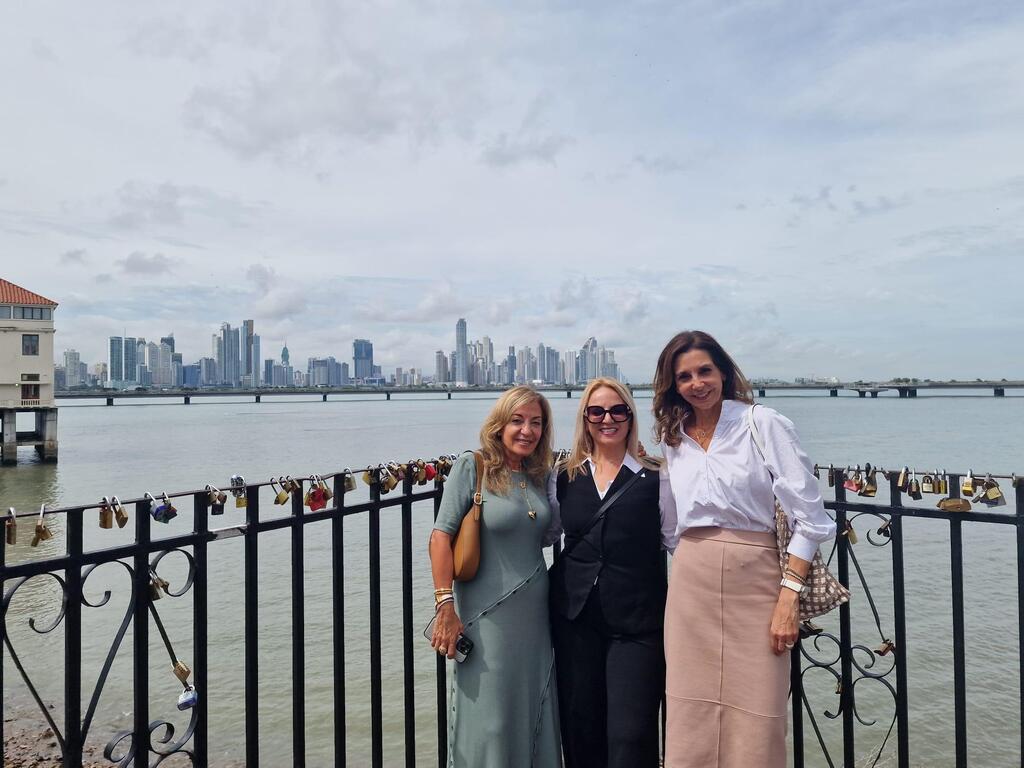

Ayelet Mamo Shay (center) with the two women on the community's board of directors, Eti Nissim and Sandra Levy
(Photo: Ayelet Mamo Shay)
The renowned WIZO organization operates in Panama, with more than 2,000 members. Sandra Israel, originally from Israel and a former WIZO Panama president, now serves as an honorary representative, supporting initiatives in Israel such as schools and financial aid for women in need.
Youth programs are also prioritized, with Sophie Ashkenazi leading the SAY program, which organizes youth delegations, volunteer activities and mental health support for teens.
Panama has also seen the establishment of Hatzalah, a volunteer emergency medical service. Founder Ramon Getanio recalls starting with an ambulance and quickly realizing the need for trained staff and equipment, which they procured through courses in Israel and the U.S. The organization is now highly regarded for its professionalism. Additionally, the new Kesher clinic will soon open in Panama, offering low- or no-cost healthcare for those who cannot afford medical treatment.
Meeting the mayor
The Jewish community in Panama publishes its own magazine, initiated by community leaders, including Esther Azrak and Eti Nissim, following a directive from Rabbi Zion Rahamim Levy. While once published quarterly, the magazine is now released for significant community milestones, with the latest issue celebrating the 90th anniversary of Sheveth Ahim.
The magazine chronicles the community’s history, including milestones like the founding of the Albert Einstein School in 1955, the construction of the mikvah in 1957 and the recent opening of the impressive Beit Yaakov and Midrasha building in 2023.
Panama’s Jewish community is well-established, featuring synagogues, schools, kosher stores and other essential services. However, entry into the community requires strict adherence to Jewish tradition, including the stipulation that both parents must be Jewish. Notably, about 20% of the community are Israeli, with many newer arrivals choosing to live near the coast and engaging primarily with Chabad services.
Panama City's Jewish mayor, Mayer Mizrachi, also highlights the success of Jewish leadership in the city. A popular social media figure, Mizrachi won his election without spending a single dollar on his campaign, demonstrating his ability to connect with voters despite a rise in antisemitism following October 7.
8 View gallery
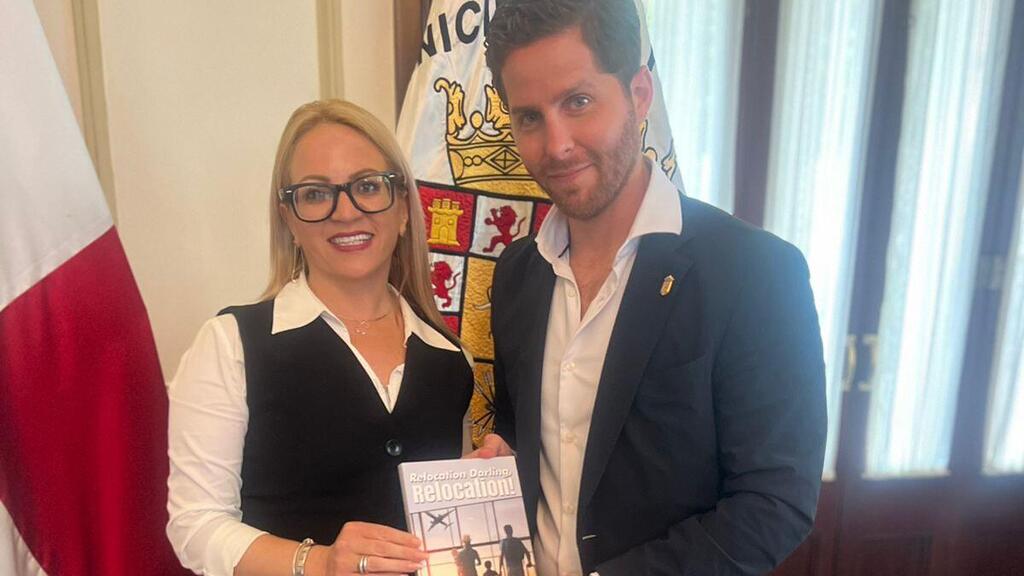

Ayelet Mamo Shay and Panama City's Jewish mayor Mayer Mizrachi
(Photo: Ayelet Mamo Shay)
Mizrachi’s hands-on approach to governance includes organizing events for children and his commitment to making Panama City a better place to live, with a particular focus on the younger generation. His success reflects the community’s ethos of care, service and a deep connection to Israel.
- Ayelet Mamo Shay is a businesswoman, author, international lecturer and researcher of Jewish communities around the world.


